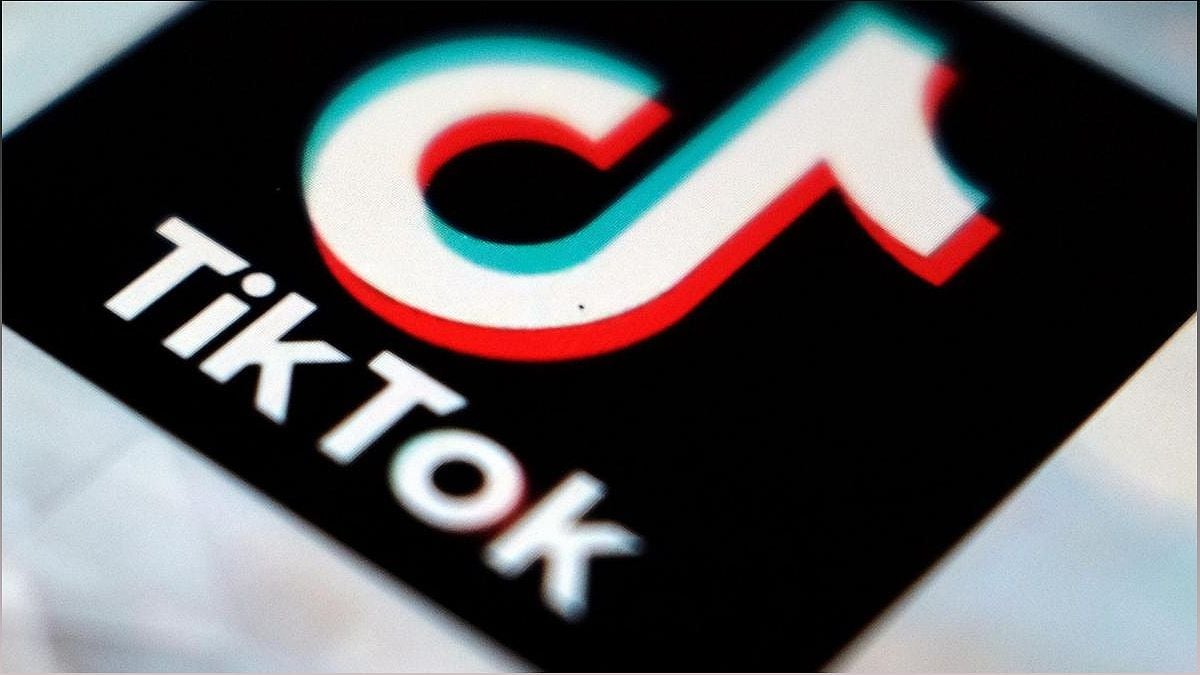TikTok Lawsuit Dismissed: Judge Rules in Favor of App
In a significant development, an Indiana county judge has dismissed the lawsuit filed by the state against popular social media app TikTok. The lawsuit accused TikTok of deceiving its users about inappropriate content for children and the security of personal information. However, Judge Jennifer L. DeGroote of the Allen County Superior Court ruled in favor of the app, stating that the court lacked personal jurisdiction over the case and that downloading a free app does not qualify as a consumer transaction under the Indiana Deceptive Consumer Sales Act. This dismissal sets a precedent for similar lawsuits pending in other states, including Arkansas and Utah. Let’s delve deeper into the details of this ruling and its implications.
TikTok Lawsuit Dismissed: A Landmark Ruling
The Indiana county judge’s decision to dismiss the lawsuit against TikTok marks a significant turning point in the legal battle.
In a groundbreaking ruling, Judge Jennifer L. DeGroote of the Allen County Superior Court in Fort Wayne has dismissed the lawsuit filed by the state of Indiana against TikTok. This decision has far-reaching implications for similar cases pending in other states, as it sets a precedent for the legal standing of the popular social media app.

The judge’s ruling was based on two key factors. Firstly, the court found that it lacked personal jurisdiction over the case, highlighting the complexities of regulating a global platform like TikTok. Secondly, the court reaffirmed that downloading a free app does not fall under the definition of a consumer transaction as per the Indiana Deceptive Consumer Sales Act.
This landmark ruling has brought relief to TikTok and its parent company, ByteDance, as they have faced multiple legal challenges regarding the app’s content and user data security. However, the dismissal does not absolve TikTok of its responsibility to address concerns about inappropriate content and data privacy.
Allegations of Deception: Inappropriate Content and Data Security
The state’s lawsuit accused TikTok of misleading users about the presence of inappropriate content for children and the security of personal information.
The lawsuit filed by the state of Indiana alleged that TikTok deceived its users by claiming to be safe for children under 13, despite the presence of salacious and inappropriate content on the platform. This accusation raised concerns about the app’s ability to protect young users from harmful and age-inappropriate material.
Additionally, the state argued that TikTok misled consumers about the security of their personal information. With the growing importance of data privacy, the lawsuit highlighted the need for stricter regulations and transparency in how social media platforms handle user data.
While the dismissal of the lawsuit is a setback for the state’s claims, it does not undermine the importance of addressing these concerns and holding tech companies accountable for the content and data they handle.
Implications for Similar Lawsuits: Arkansas and Utah
The dismissal of the Indiana lawsuit sets a precedent for similar cases pending in Arkansas and Utah.
The Indiana county judge’s decision to dismiss the lawsuit against TikTok has significant implications for similar legal battles in Arkansas and Utah. These states have also filed lawsuits against TikTok, raising similar concerns about inappropriate content and data security.
With the precedent set by the Indiana ruling, it remains to be seen how the courts in Arkansas and Utah will approach their respective cases. The outcome of these lawsuits will shape the future of social media regulation and the responsibilities of tech companies in protecting users, especially children, from harmful content.
TikTok’s Global Reach: Jurisdiction Challenges
The dismissal of the lawsuit highlights the challenges of establishing jurisdiction over a global platform like TikTok.
One of the key factors in the dismissal of the lawsuit was the court’s finding that it lacked personal jurisdiction over the case. This ruling underscores the complexities of regulating a global platform like TikTok, which has a vast user base spanning multiple countries.
TikTok’s global reach poses challenges for legal jurisdictions, as laws and regulations vary across different countries. Establishing jurisdiction and enforcing regulations becomes a complex task, requiring international cooperation and a nuanced understanding of the digital landscape.
The dismissal of the lawsuit brings attention to the need for a comprehensive framework that addresses jurisdictional challenges and ensures the protection of users’ rights and interests, regardless of their geographical location.
The Way Forward: Balancing Content and Data Security
The dismissal of the lawsuit calls for a balanced approach in addressing concerns about content and data security on TikTok.
While the dismissal of the lawsuit is a victory for TikTok, it does not absolve the app from addressing the concerns raised about inappropriate content and data security. Tech companies must take responsibility for the content they host and ensure robust measures to protect user data.
Regulators and policymakers also play a crucial role in establishing clear guidelines and regulations that strike a balance between user safety and freedom of expression. The dismissal of the lawsuit serves as a reminder of the ongoing need for collaboration between tech companies, governments, and users to create a safer digital environment.
